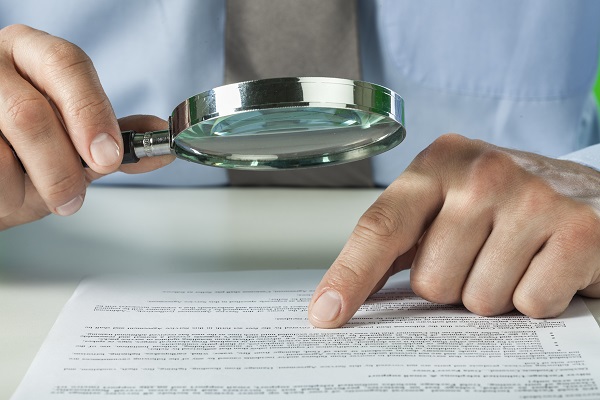
The residential lease is all too often just a generic template; however, creating one that is specific to your needs and the property involved—as well as including any unique details or requirements concerning a new tenant—can be extremely beneficial for protecting you later. It may seem like purchasing a real-estate property (or perhaps you own one that you are moving out of after purchasing a new main residence) and then renting it out to pay an existing mortgage or make a tidy profit is simple enough, but that is often not the case due to items that were overlooked in the contract, or blatantly breached by the tenant.
In the beginning, you are in the driver’s seat with your rental. The property is in your control and you are able to decide on details such as how much to ask for rent each month, the duration of the lease (month to month, six months, a year, or any other variation), and what the established rules are. After that, however, you lose some of your control once the keys are handed over to a new tenant. Laws regarding privacy must be maintained at that point and you may not be able to monitor what is going on at your property as much or as quickly as you would like, without legal intervention.
Researching any potential tenants through comprehensive interviews, credit checks, and background checks can be critical to your success as a landlord—along with the creation of a solid lease. The most crucial points to consider as you and your business or real estate attorney work to draw up the paperwork are:
- Number of Occupants – All adult occupants should be listed on the lease, and even more importantly, you should state how many occupants can live at the property.
- Duration of lease – make sure this is clear, along with stating how long tenants have to make up back rent before the eviction process will start.
- Finances – The amount of monthly rent should be extremely clear, along with the initial security deposit. Do you offer a grace period for rent? If so, that should be included in the lease, along with an explanation of late fees.
- Repairs – Outline what maintenance issues you are responsible for as landlord, along with how other problems and damages at the property are to be reported and handled. Both the tenant and landlord should be thoroughly apprised of the state of the property before the keys are handed to the tenant, and any potential issues should be disclosed to the tenant.
- Property rules – Depending on how strict you are regarding the property (or what may be an apartment building), add details about parking, exterior rules regarding the yard, maintenance there, and other issues such as whether pets are allowed, any restrictions on size or breed, and more.
If you need legal expertise for drawing up a residential lease or find yourself in the middle of a landlord/tenant dispute, consult with an experienced attorney like Shane Coons right away to protect your property, whether the dispute involves residential or commercial real estate. Call now at 949-333-0900 or email us at Shane.Coons@seclawoffices.com. We will be glad to meet with you to review your case and explain your legal options. Our office is here to help!
